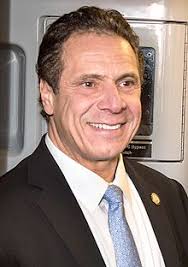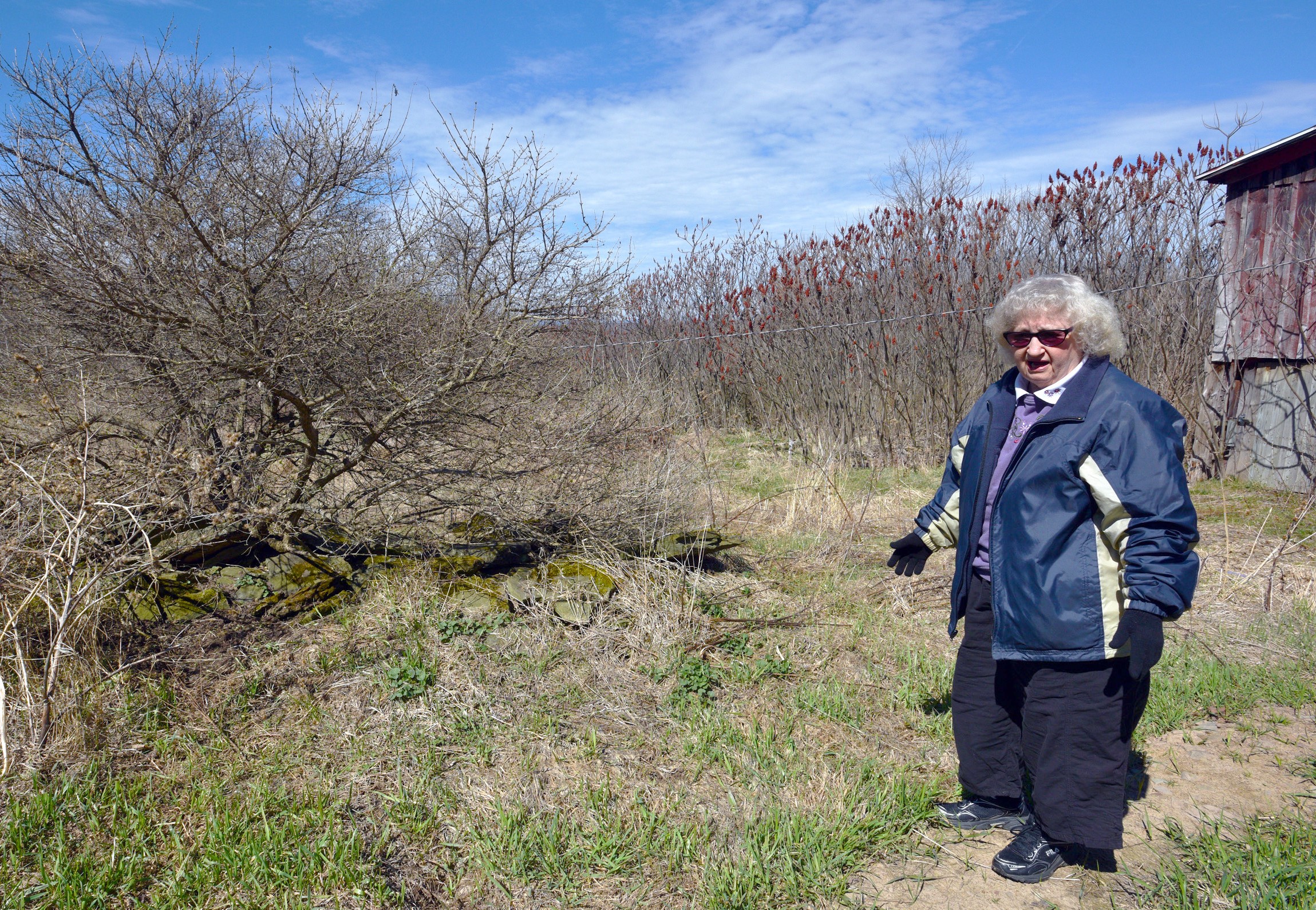Regulatory Policy
New York’s Big Move
The Empire State has jumped into the first tier of state climate action.
Last week, New York Governor Andrew Cuomo signed a breakthrough climate change law, the “New York State Climate Leadership and Community Protection Act.” What every state does to address climate change is worthwhile, of course, but New York is particularly significant in terms of the national picture. It’s the nation’s third-most populous state and also …
Continue reading “New York’s Big Move”
CONTINUE READINGHow I Learned to Stop Worrying and Love OIRA
OIRA may have had its problems. What we have right now is much worse.
If you’re like most environmentalists, you probably don’t have a high opinion of OIRA, the White House office that’s supposed to oversee regulations. (For those who are new to this, OIRA stands for the Office of Information and Regulatory Affairs.) The complaints are legion: that OIRA lacks transparency, that it acts as a back door …
Continue reading “How I Learned to Stop Worrying and Love OIRA”
CONTINUE READINGThe Trump Administration’s Latest Efforts to Hobble the Clean Water Act
Administration’s New Plan to Eviscerate States’ CWA § 401 Certification Authority Is Flawed Procedurally & Substantively
By now, readers of Legal Planet are well aware of President Trump’s ongoing efforts to rescind the Obama Administration’s “Waters of the United States” rule and replace it with a new federal regulation that dramatically circumscribes federal regulatory authority under the Clean Water Act. My Legal Planet colleagues and I have previously blogged on this …
Continue reading “The Trump Administration’s Latest Efforts to Hobble the Clean Water Act”
CONTINUE READINGIs the Sun Finally Rising in the Southeast?
Slowly, and a bit grudgingly, the Old South is moving toward solar.
Southern states like to brag about their sunny weather. Florida even calls itself the Sunshine State. Yet the region lags well behind in terms of putting that sunshine to work. But it appears that change is coming. Solar generating capacity in the Southeast is expected to nearly double over the next three years, though from …
Continue reading “Is the Sun Finally Rising in the Southeast?”
CONTINUE READINGDoes the US have a delegation problem?
A comparison of US and Canadian environmental law indicates perhaps not
One of the big cases at the end of this year’s Supreme Court term was Gundy v. United States, where four justices signaled they were open to reviving a long dormant doctrine, the non-delegation doctrine, to constrain open-ended delegations of authority from Congress to Executive Branch agencies. There’s been various prognostications as to whether the …
Continue reading “Does the US have a delegation problem?”
CONTINUE READINGSome Thoughts About “The Pursuit of Happiness”
What did the Declaration of Independence mean? And why does it matter?
When looking for something else, I stumbled on a Fourth of July post that I wrote a decade ago. Despite the temptation to rewrite, I’ve made a only a few small tweaks. It seems, if anything, more relevant today, when our society seems so divided about fundamental values and our President has devoted his life …
Continue reading “Some Thoughts About “The Pursuit of Happiness””
CONTINUE READINGThe Census Case and the Delegation Issue
Conservative Justices endorse broad administrative discretion.
In a recent decision, four of the conservative Justices indicated a desire to limit the amount of discretion that Congress can give administrative agencies. If taken literally, some of the language they used would hobble the government by restricting agencies like EPA to “filling in the details” or making purely factual determinations. Some observers have …
Continue reading “The Census Case and the Delegation Issue”
CONTINUE READINGHelping Repair Our Broken Governance System
Our institutions have been battered. How will we be able to fix them?
Much of Trump’s damage to the environment is obvious: his efforts to increase gas and oil production, his regulatory rollbacks, and his efforts to gut the agencies charged with protecting the environment. But he has also done deeper damage to the institutions we need to address climate change and other daunting environmental challenges. These problems …
Continue reading “Helping Repair Our Broken Governance System”
CONTINUE READINGSupreme Court Takes a Knick Out of Regulatory Takings Law
Justices Curb Ripeness Rule; Open Federal Courts to Takings Litigation
In the final, major environmental law decision of its current Term, the U.S. Supreme Court handed property rights advocates a major victory while repudiating an important regulatory takings precedent the Court had itself fashioned and announced 34 years ago. The case is Knick v. Township of Scott. By a narrow 5-4 vote that split …
Continue reading “Supreme Court Takes a Knick Out of Regulatory Takings Law”
CONTINUE READINGGuest Blogger Nick Bryner: Cooking the Books While Cooking the Planet: A First Look at the EPA’s ACE Rule
Final Rule Changes Baseline Assumptions & Approach to Cost-Benefit Analysis in Attempt to Justify Weak Standards
Yesterday, the Trump EPA released its long-awaited response to the Obama-era Clean Power Plan. At first glance, the final rule has been carefully crafted in an attempt to avoid several glaring legal vulnerabilities of the rule—and to obscure the obvious inadequacy of the Administration’s response to climate change. The EPA has found many contradictory ways …
CONTINUE READING










